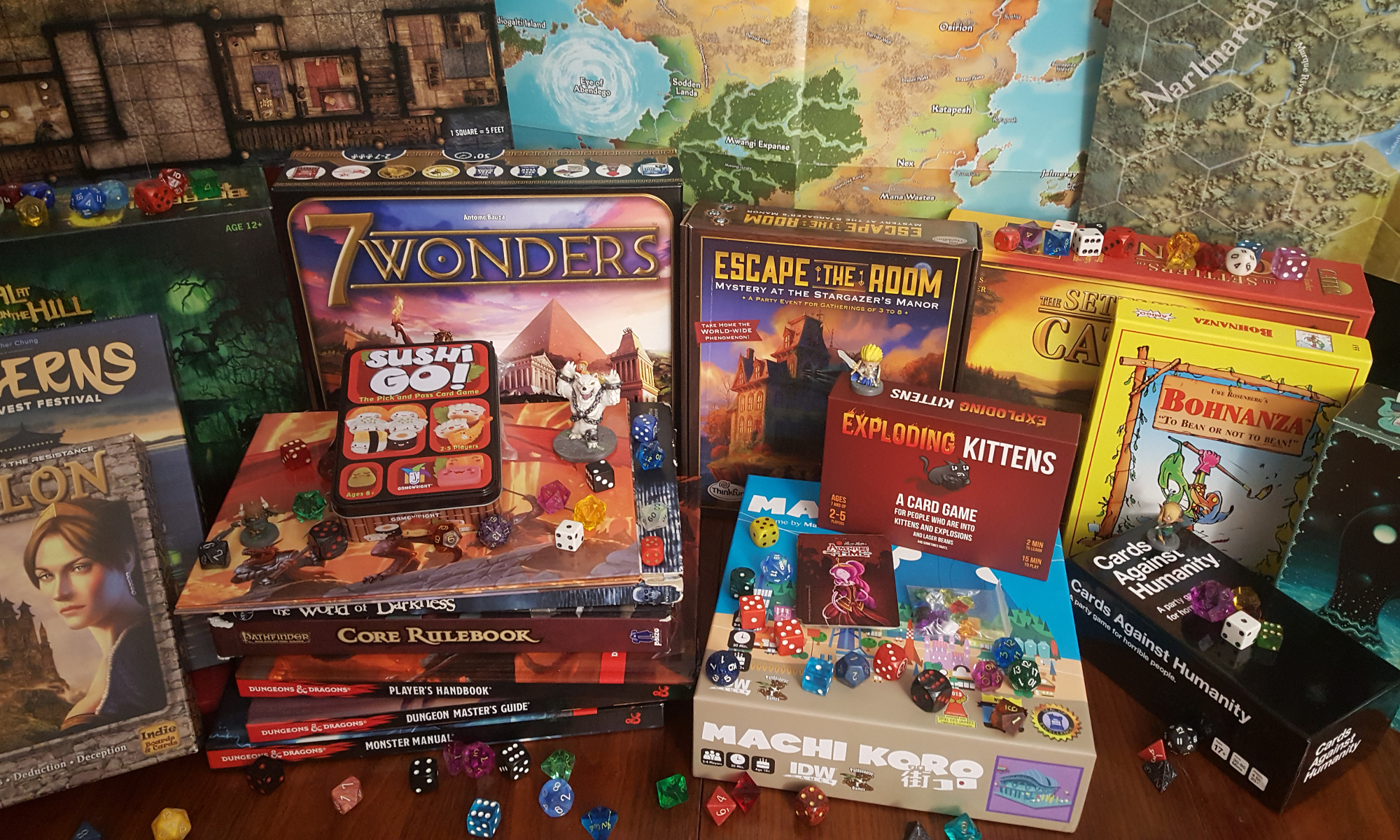Today on Save Vs. Rant, we’ll be discussing some of our biggest tips for being a good player. Our tips are about both how you can best enjoy the game and how you can be the kind of player others want to play with.
We need to dispel a myth about roleplaying, so let’s start where our episode ends:
0. You Don’t Have to Become a DM
Being a player is not inferior to being a DM. Being a good player does not inevitably lead to DMing. Being a player is not even a necessary step that must absolutely precede becoming a DM. I DMed before I ever played as a player. I have had players who tried to DM who found they didn’t like it at all. I actually prefer DMing to playing overwhelmingly. None of this is good or bad. We all enjoy things differently. Not all soccer players are coaches, or goalies or centers. Not all players are DMs (or spellcasters, or tacticians, or party faces).
1. Dive In Feet First
Even and especially if it is your very first time gaming, we strongly recommend that you jump in with both feet. if you’re not sure how to play a roleplaying game, it might help to watch any number of videos or listen to any number of podcasts dedicated to live games, but a word of caution: people don’t chronicle their games publicly if they’re not confident in their abilities to both run and play entertainingly. If you do check these things out, don’t be intimidated by their knowledge of the rules, eloquent play or general charisma.
2. Be Prepared
A counterpart (rather than counterpoint) to this, is to be prepared with everything you need to play the game. For the overwhelming majority of games, this will be at minimum a character sheet and dice. For many games, counters, miniatures and game aids might be helpful. New players might also benefit from cheat sheets.
3. Keep Notes
Good notes are important for a DM, but also for players who want to get the most out of their game. There are lots of potential categories of notes, but you as the player should focus on notes for things that are interesting to your character. Plot hooks, personal goals or anything else that strikes you as such are great. It also helps to have someone creating a map (and some DMs prefer that the players do this based on description to allow for potential cartographic errors, while others will gladly ensure that the map is 100% accurate) and someone chronicling the overarching action of a session.
4. Coordinate with Other Players
Not only should you be communicating in game to ensure that the party has a comfortable balance, that inter-party conflicts remain enjoyable for everyone involved, and to improve your strategy and planning, but you should also be communicating out of game to make sure people have rides, that availability is well communicated and that anything needed to play the game is available.
5. Know What Makes Your Character Fun
Every well built character will have cool things about them. Know what the cool things for yours are, and why. One of the best pieces of advice we can give in this regard is for your to make a personal cheat sheet including all your favorite (or most obscure) abilities. Try to memorize, as much as possible, the unusual ones, but at least have a strong understanding of your options, especially the obscure ones.
6. It’s Not About Winning
Roleplaying games are about the journey, not the destination. A roleplaying game will always be more of a road trip than an international flight. And yes, of COURSE, you want your character to survive and thrive, but being willing to accept that this won’t happen – that the story won’t have a happy ending, or that the character will die with his stories not yet resolved – is part of playing a roleplaying game, and keeping this in mind will give you a richer enjoyment of the story.
7. Combat Is Not the Only Option
Always remember that, just as in real life, not every challenge can be overcome by brute force alone. Furthermore, many challenges that CAN be overcome by brute force, can be overcome another way. Try to keep in mind the open world nature of RPGs. Every problem has open ended solutions, and most DMs will welcome creative solutions.
8. Don’t Be a Distraction
Back in the early days, the biggest distractions were food, conversation and doodling, with the occasional player audacious enough to bring a book. We’ve evolved a lot since then, and now every one of us contains the ultimate ADD distraction device in our pockets, to say nothing of laptops, smart watches and, still, books. Don’t be that guy. Be engaged in the game but, even more importantly, don’t distract OTHER players. Even if you are dinking on your phone or whatever, at least keep it to yourself.
9. Let the Other Players Play
I cannot stress enough how frustrating it is for new players to have others tell them how to play the game move-by-more. This isn’t just true for roleplaying games, but in games where your personality and creativity are forefront, it’s absolutely vital that you let people run their own characters and learn from their mistakes.
10. Your DM Is Your Friend
Just as the correct paradigm in the workplace is for everyone to work together regardless of their role in the company, the DM, while empowered by rule 0 to run his game basically however he wants, is not playing against the players in the vast majority of roleplaying games (with only a few having actively adversarial roles as a deliberate design choice). The DM is most frequently an unbiased arbiter of events. It is important that you avoid falling into the mindset that the DM is your enemy.
If you follow these guidelines, you will find your roleplaying experiences both easier and more satisfying. Next up, we have The Halloween Game: A Bespoke Gaming Experience.

